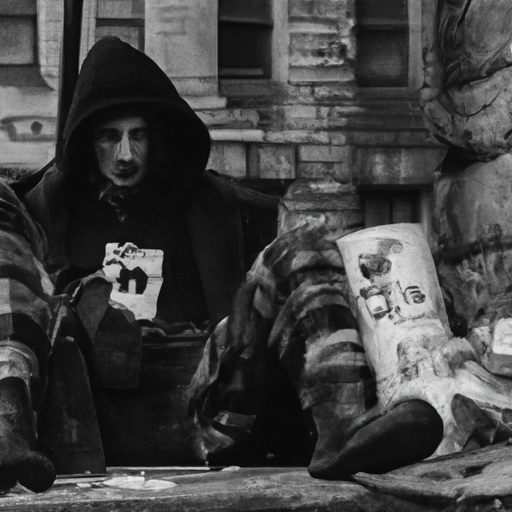The Opioid Crisis & The Latest Canadian Legal Actions
The latest news has highlighted yet another significant development in the ongoing opioid crisis battle. The U.S. government has recently ordered J M Smith Corporation, a Puerto Rican drug distribution company, to pay a hefty fine of $12 million for alleged unlawful distribution of opioids in the country.
Delving Deeper into the Story
In an unprecedented legal move against a drug distribution company, the Department of Justice claimed that the corporation and its subsidiaries violated various provisions of the Controlled Substances Act. These violations led to an increase in the accessibility of opioids, contributing to the deadly opioid crisis we are fighting today.
The Broad Repercussions of the Opioid Crisis
It’s important to underline that the opioid crisis is a pressing issue that extends beyond the personal tragedy of addiction. This situation inflicts vast, destructive consequences across society, leading to alarming increases in homelessness, crime, and the cost to our healthcare system.
Homelessness
Drug addiction, particularly opioids, is a significant factor driving homelessness in Canada. Recovery is a challenging process, and often, someone grappling with addiction struggles to maintain stable employment and housing, beginning a cycle of poverty and homelessness.
Crime Rates
The opioid crisis has dramatically fueled the increase in property crime and violent crime rates. The unbearable cost of addiction often leads individuals to resort to illicit activities for obtaining the much-needed drug. Additionally, drug disputes and cartel activities are other unsavoury consequences that accompany drug addiction.
Strain on Health Services
Lastly, the rampant opioid crisis is overtaxing our healthcare system. The alarming rise in overdoses requires substantial resources for emergency care. Beyond this, the long-term costs of addiction treatment and rehabilitation also significantly strain our health services.
Efforts to Combat the Opioid Crisis
Recognizing the gravity of the crisis, numerous actions are underway to combat the opioid epidemic. They include legal proceedings against offending pharmaceutical corporations, opioid class action lawsuits, the distribution of Naloxone — a medication that reverses the effects of an opioid overdose — among others.
- Legal proceedings:
As in the case of the J M Smith Corporation, legal actions against pharmaceutical companies and distributors are critical in curbing the unlawful distribution of opioids. - Opioid class action lawsuits:
These lawsuits can provide significant compensation for victims, potentially helping them with their recovery journey, and they serve as a deterrent to corporations involved in similar illegal activities. - Naloxone distribution:
Wide-scale distribution of Naloxone is an effective harm-reduction strategy. By reversing the effects of an opioid overdose, Naloxone saves lives and gives individuals a chance at recovery.
Implications of the Recent Development
The recent fine levied against J M Smith Corporation is a promising precedent and could serve as a deterrent to other corporations engaging in similar misconduct. The opioid crisis demands unified action and strict legal penalties are a step toward holding corporations accountable for their role in this crisis.
In Conclusion
The outcome of the recent court case signals a strong message to all individuals and entities contributing to the opioid crisis. Everyone, including corporations, will be held accountable for the role they play in furthering this devastating societal issue.
Preventive measures like legal actions and the distribution of Naloxone, as well as proactive steps like opioid class-action lawsuits, are integral components in this battle against the opioid crisis. However, the solution is multifaceted and will require continued vigilance, awareness, and efforts, from all echelons of society, to
wipe out this menace and its accompanying issues like homelessness and crime.
